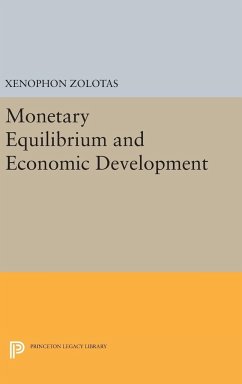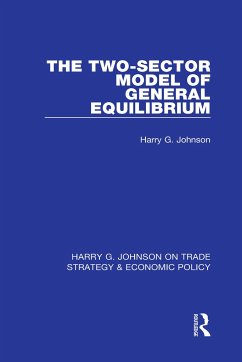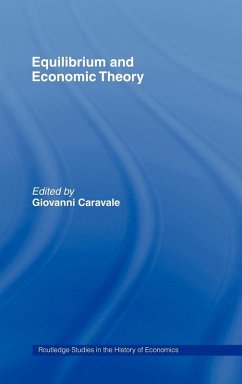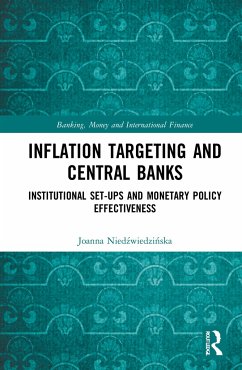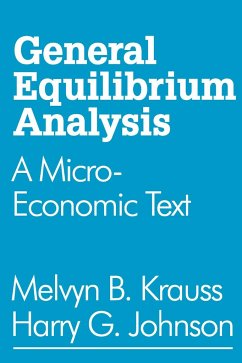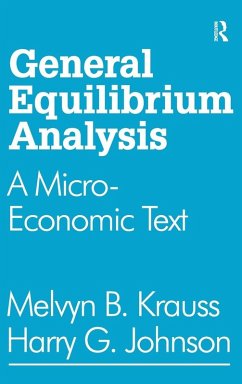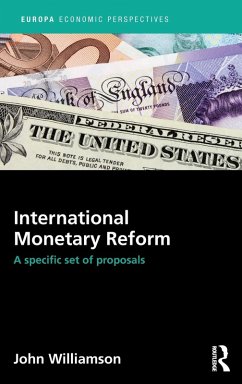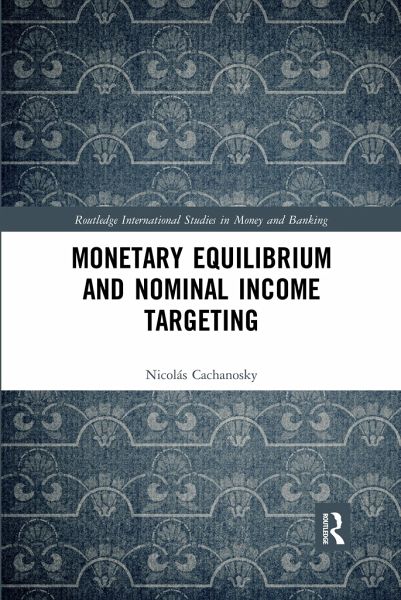
Monetary Equilibrium and Nominal Income Targeting
Versandkostenfrei!
Versandfertig in 1-2 Wochen
54,99 €
inkl. MwSt.
Weitere Ausgaben:

PAYBACK Punkte
27 °P sammeln!
There is no book covering the topic of nominal income targeting as its main subject of study. This book fills this gap on a topic, which has been of increasing interest to academics and policy makers since 2008. It not only explains the foundations of nominal income targeting, but also addresses its limits and





